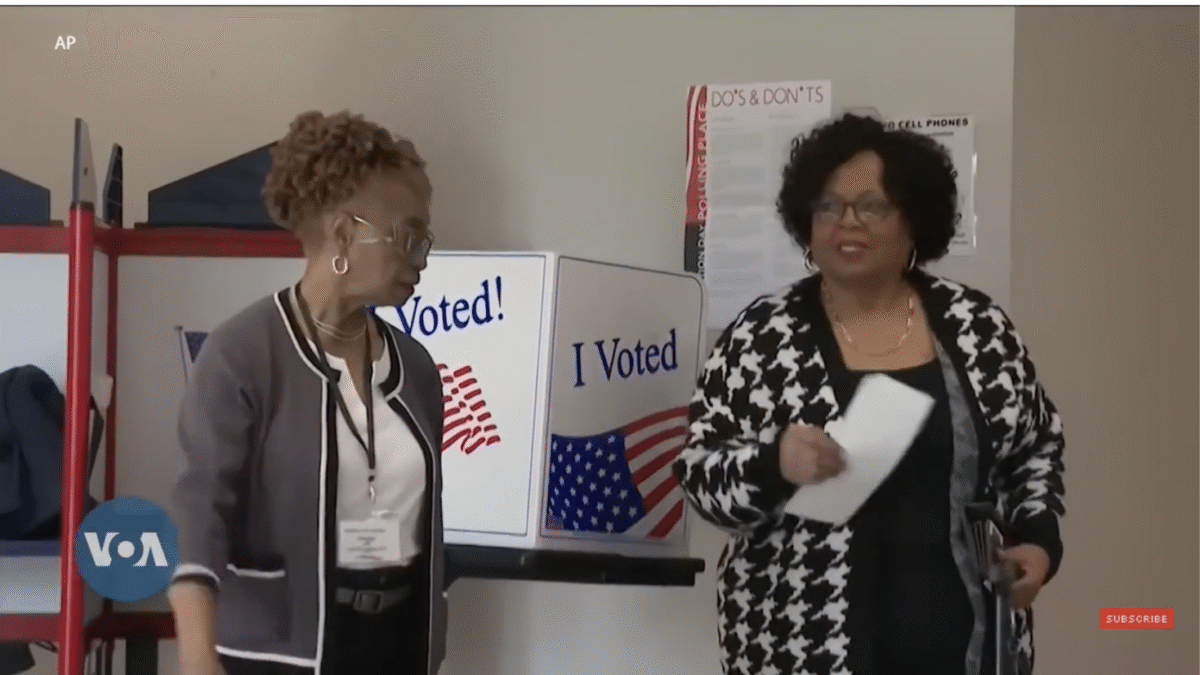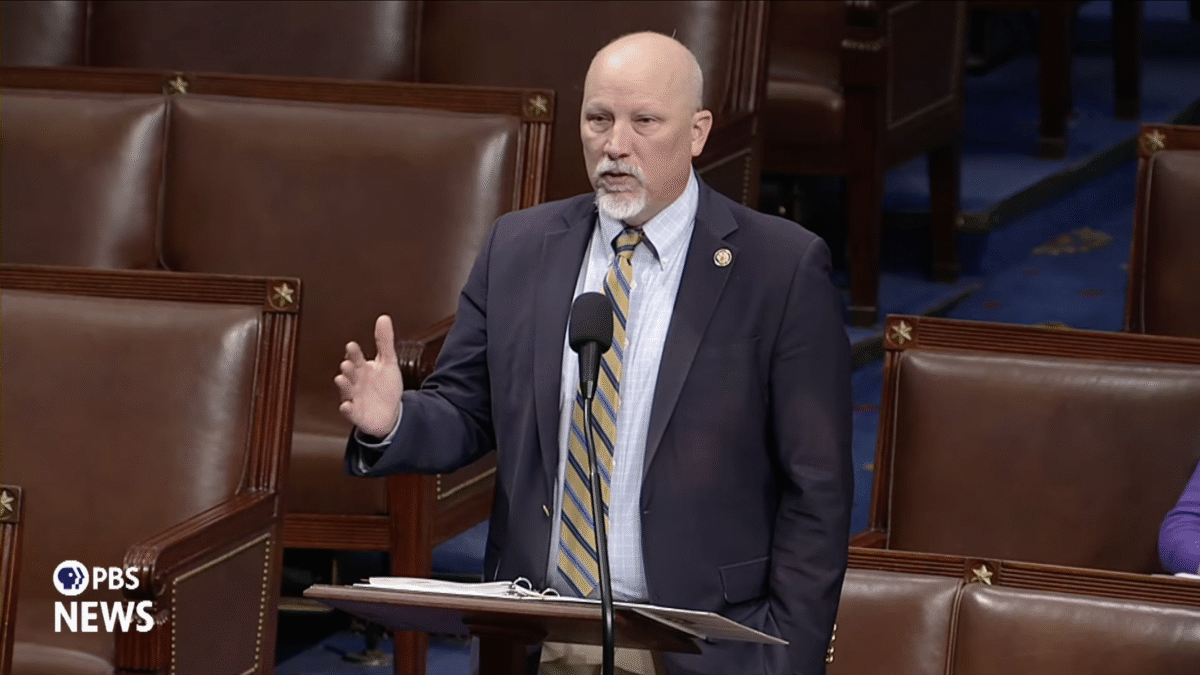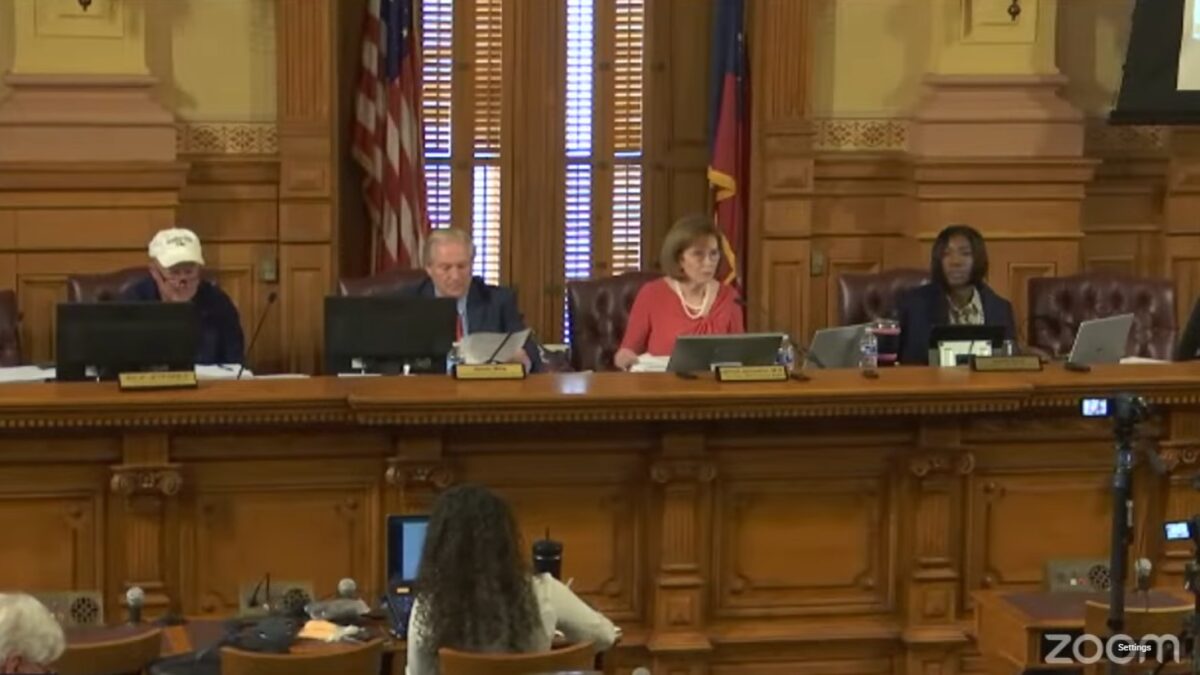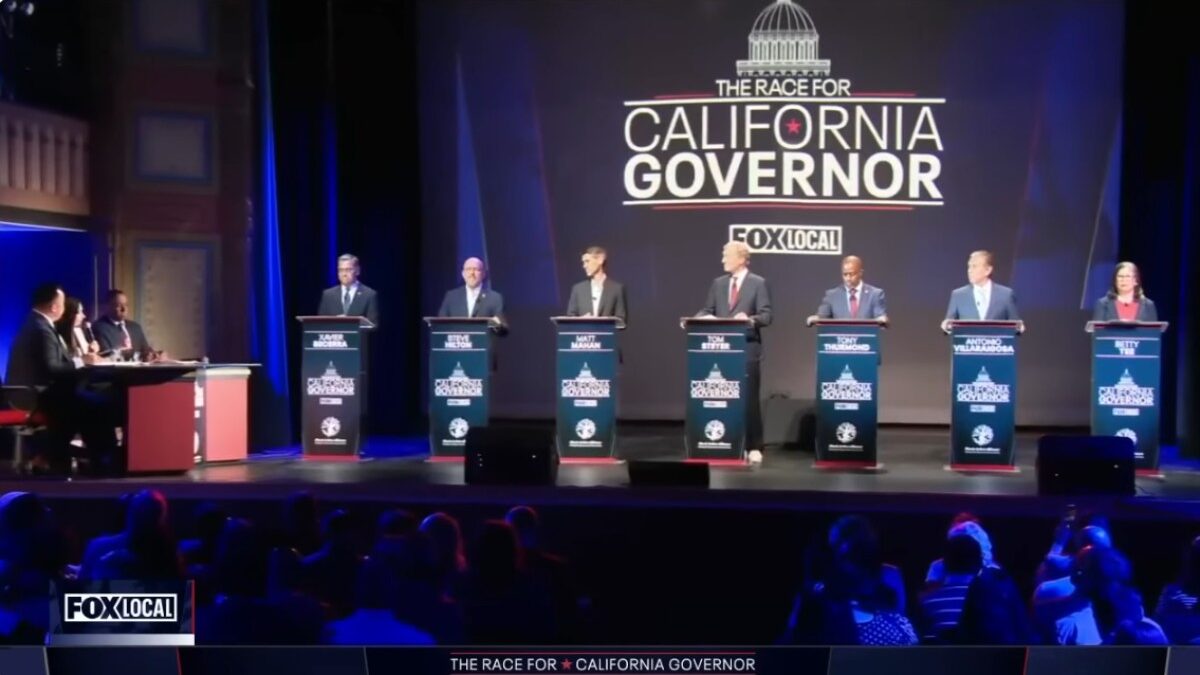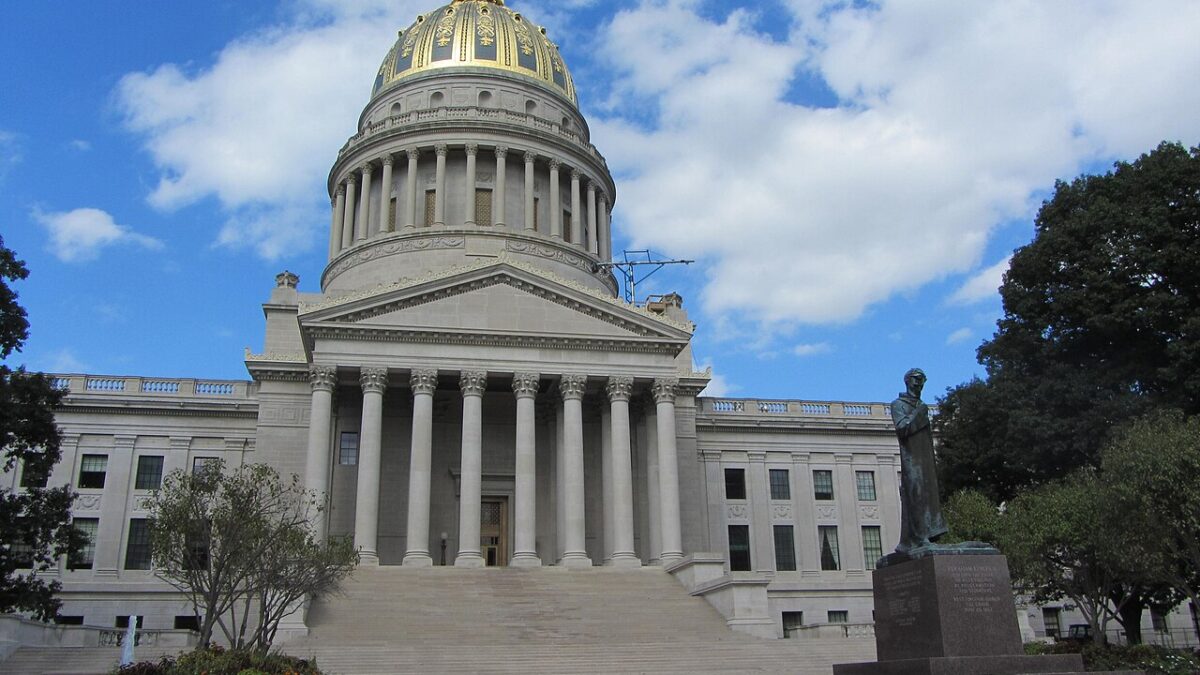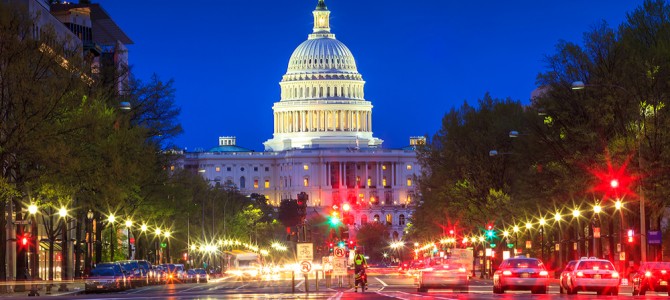
In an op-ed in Monday’s Washington Examiner, Jeb Bush pledged to end “the crony capitalism that is pervasive throughout the federal government.” Bush’s new policy push follows soon after he made headlines last week critiquing the concentration of government spending in Washington. Bush’s call for “a little bit of a recession in Washington, D.C., so that we can have economic prosperity outside of Washington” was provocative, but the theme should not be unfamiliar to political reporters.
As the Republican presidential primaries roll on, we are treated, as we are every four years, to rhetorical announcements of a war on the Washington establishment. In the days before he dropped out of the presidential race, Wisconsin Gov. Scott Walker’s promise to “wreak havoc” on Washington caused a brief frisson on the banks of the Potomac. The panic was short-lived, quickly followed by a condescending sneer and, at last, a chuckle of relief as Walker suspended his campaign. But, as with Sen. Rand Paul’s promise to “defeat the Washington machine,” the anti-elite, anti-Washington refrain strikes a nerve.
Elected Officials Aren’t the Only Problem
Bush is far from the only candidate to campaign against the wealth concentration in Washington. Governors turned presidential candidates from across the nation issue that rallying cry. So do, incongruously, U.S. senators running for president, people whom we normally would believe are part of the problem.
There is a point in this seeming illogic, because the Washington establishment is more than the president and the 535 members of Congress. They are a part of that machine, to be sure, but it also includes their staffs, employees of executive agencies, the lobbyists who canvass them, and the government contractors that reap the rewards.
As the federal government expands (as it seemingly does without regard for the party in power), the cycle feeds on itself, increasing in size and strength with the endless flow of taxes from the hinterland to the capital. Ross Perot predicted a “giant sucking sound” heralding all of our money and jobs flowing south of the border as Congress enacted the North American Free Trade Agreement.
Spread Washington’s Wealth
He was partly right and partly wrong about the benefits of trade, but the giant sucking sound of the twenty-first century does not emanate from Mexico or even China. Rather, it echoes from the maelstrom of federal money and power that surrounds Washington.
Data from the Census Bureau’s American Community Survey bear out this conclusion. In 2012, the Washington metro area had an average household income of $88,233—the highest in the country, and far in excess of the national average of $51,371. The list of the United States’ highest-income counties confirms the point, with 13 of the richest 30 counties (and four of the top five) being within the Washington metro area. For all the talk on the Left about income inequality among different races and classes, we hear strangely little about this even vaster inequality across the nation’s geography.
Reducing the size of government and returning that money to the taxpayers is one solution we are sure to hear from all of the Republican candidates this election cycle, and maybe even from some of the Democrats in a more limited fashion. That such campaign promises are rarely fulfilled does not mean we should cease to work for them, but at the same time we should pursue another goal: spreading the wealth of the federal government outside the Washington metro area.
Moving government offices (and even entire executive departments) out of the beltway and its periphery would have three effects. Firstly, it would give the rest of the country access to those high-quality government jobs that the Washington establishment has kept for its own. Secondly, and no less importantly, it would throw a wrench into the revolving door of bureaucracy to lobbying shop to government contractor and back again that characterizes life in the federal metropolis.
Thirdly, it would open those jobs to people with experience who live and work in the communities the agencies purport to serve. Shifting those jobs to the 48 states outside the DC area would pour federal tax money back into the communities from which it came, and at the same time would give new people—people not inured to the bureaucratic-contractor complex—a chance to compete for those jobs and to bring new, non-government experiences and knowledge to the federal workplace.
Consider an Example
It makes sense for some of the older executive departments to stay in Washington, especially those that fulfill the traditional aims of government, such as State, Treasury, Justice, and Defense. But consider the Department of Agriculture. The United States has 3.2 million working farmers, but doubtless few work in Washington, a city whose largest farm is a glorified community garden.
Consider how much more valuable the USDA’s top jobs would be to the Mississippi Delta region, an area with ten of the nation’s 30 poorest counties. And imagine the value the government would gain by having access to a workforce from that area, which is far more agricultural than Washington, or indeed than any big city. Add to that the cost savings of cheaper office space and lack of locality pay increases, and the relocation rapidly pays dividends to taxpayers nationwide.
The government gains local experience, taxpayers save money, and a distressed area gains high-paying, long-term jobs. The process could be replicated with other cabinet departments and independent agencies in other underserved areas of the country.
Why should the Department of Transportation not have its headquarters in Detroit, the home of America’s auto industry? Why should not the Census Bureau bring add some prosperity to Yuma, Arizona, a metropolitan area with an unemployment rate more than six times that of Washington’s? Why not site the Environmental Protection Agency in Stockton, California, near the delta smelt it spends so much time protecting? The possibilities are only limited by the size of the country and the breadth of our imagination.
It is unlikely Bush would go so far as to endorse such a relocation policy, but it is a proposal with bipartisan appeal: Republicans can enjoy the savings to taxpayers, and Democrats could crow about reducing income inequality across the country. The only losers would be the Washington establishment that voters (and candidates) love to hate.


